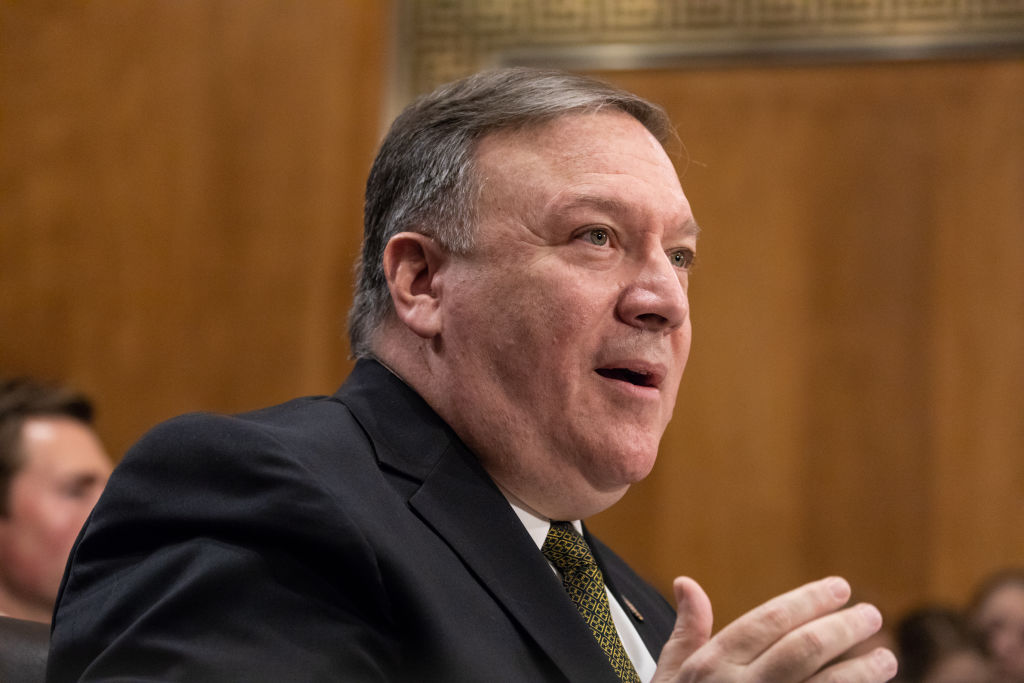One of the highest-ranking officials in the armed forces has debunked the Trump administration’s assertion that allowing transgender people to enlist in the military causes disruption.
Sen. Kirsten Gillibrand (D-N.Y.) questioned Army Chief of Staff Gen. Mark Milley about a 44-page report released in March which reaffirmed the White House’s belief that trans troops are unfit to serve. The document claims that “accommodating gender transition could impair unit readiness” and “lead to disproportionate costs,” echoing President Trump’s 2017 tweets signaling his intent to ban trans troops from the military.
That policy was lifted, however, following a series of federal court orders paving the way for transgender people to enlist for the first time. At least two individuals have successfully joined the armed forces since Jan. 1.
When Gillibrand asked Milley if the inclusion of these soldiers had harmed unit cohesion, he diverged from the president’s conclusions.
Subscribe to get a twice-weekly dose of queer news, updates, and insights from the INTO team.
in Your Inbox
“No,” the army chief claimed. “Not at all.”
Army Secretary Mark Esper concurred with Milley’s assessment, saying that he had yet to hear complaints from troops about serving alongside a transgender person.
“Nothing has percolated up to my level,” Esper stated.
This is only the most recent time that members of the military have claimed that the administration’s grounds for banning trans troops is unsound. Esper told press in February that the subject of serving alongside transgender people “really hasn’t come up” in his conversations with soldiers.
“Everybody wants to be treated with a clear set of standards,” Esper claimed. “At the end of the day, the Army is a standards-based organization.”
Milley, who claims he wasn’t informed of the ban prior to Trump’s July tweets, concurred with Esper’s earlier statementsfurther denying that the debate is about “civil rights.” He claimed under questioning from Gillibrand that it’s a questionof setting and maintaining guidelines.
“My view is that we have an Army that is standards-based,” Milley said. “It has always been standards-based. It will remains standards-based for medical, physical, psychological, conduct, etc.”
“And those soldiers or those applicants, people who want to assess into the Army that meet those standards, and they’re rigorous standards, if you meet those standards, then you’re on the team,” he continued. “If you don’t meet the standards for whatever reason, then you’re not on the team. It’s that simple.”
“[I]n my view, this is not a civil rights issue,” he added. “This is an issue of standards and maintaining deployability and the combat effectiveness and lethality of the United States Army, and I think I speak for the other service chiefs as well.”
A 2016 RAND Corporation study commissioned by the Pentagon showed that allowing trans people to serve openly would have almost no impact on the military.
“RAND estimates that 10 to 130 active component members each year could have reduced deployability as a result of gender transition-related treatments,” the nonpartisan group claimed. “This amount is negligible relative to the 102,500 nondeployable soldiers in the Army alone in 2015, 50,000 of them in the active component.”
RAND further pointed out that 18 countries permit trans people to serve in accordance with their gender identity, such as Australia, Canada, Israel, and the United Kingdom. Their armed forces have continued to operate normally.
Photo via Drew Angerer/Getty Images












